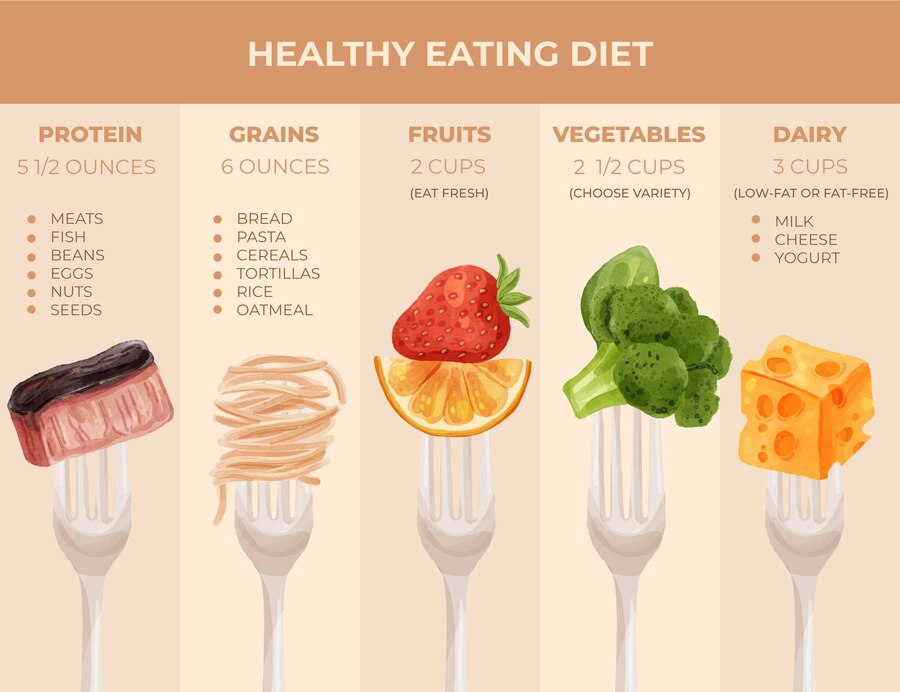Chronic pain affects millions of people worldwide, and dietary choices play a crucial role in managing pain levels. One effective approach is adopting a low-sugar diet, which can lead to significant improvements in pain and overall health. This article highlights the key benefits of a low-sugar diet and how it can help in pain management.
Understanding Sugar and Its Impact on Pain
-
Inflammation and Pain:
-
High sugar intake is linked to increased inflammation in the body. Inflammatory processes can exacerbate chronic pain conditions such as arthritis, fibromyalgia, and neuropathy. Reducing sugar intake can help lower inflammation levels, thereby reducing pain.
-
Weight Management:
-
Excessive sugar consumption can lead to weight gain, which puts additional stress on the joints and muscles, worsening pain. A low-sugar diet can aid in weight management, reducing the strain on the body and alleviating pain, particularly in weight-bearing joints.
Benefits of a Low-Sugar Diet for Pain
-
Reduced Inflammation:
-
A low-sugar diet helps decrease the production of pro-inflammatory cytokines, which are molecules that promote inflammation. By reducing these cytokines, individuals can experience less pain and swelling in affected areas.
-
Improved Insulin Sensitivity:
-
High sugar intake can lead to insulin resistance, a condition that impairs the body's ability to regulate blood sugar levels. Insulin resistance is associated with increased inflammation and pain. A low-sugar diet improves insulin sensitivity, reducing the risk of inflammation-related pain.
-
Balanced Energy Levels:
-
Consuming large amounts of sugar can cause blood sugar spikes and crashes, leading to fluctuating energy levels. These fluctuations can contribute to fatigue and worsen pain perception. A low-sugar diet promotes stable energy levels, helping individuals manage pain more effectively.
-
Better Gut Health:
-
Excessive sugar consumption can disrupt the balance of gut bacteria, leading to dysbiosis, which is linked to inflammation and pain. A low-sugar diet supports a healthy gut microbiome, reducing the risk of gut-related inflammation and pain.
-
Enhanced Mood and Mental Health:
-
High sugar intake is associated with mood swings and increased symptoms of depression and anxiety, which can amplify the perception of pain. A low-sugar diet can improve mental well-being, helping individuals cope better with chronic pain.
Implementing a Low-Sugar Diet
-
Identify Hidden Sugars:
-
Many processed foods contain hidden sugars. Reading labels and being aware of ingredients such as high fructose corn syrup, dextrose, and maltose can help reduce sugar intake.
-
Choose Whole Foods:
-
Focus on whole, unprocessed foods such as fruits, vegetables, lean proteins, and whole grains. These foods provide essential nutrients without added sugars, supporting overall health and pain management.
-
Healthy Substitutes:
-
Replace sugary snacks and beverages with healthier alternatives. For example, opt for fresh fruit instead of candy, and drink water or herbal tea instead of sugary sodas.
-
Mindful Eating:
-
Practicing mindful eating can help individuals become more aware of their dietary choices and reduce the intake of sugary foods. Paying attention to hunger and satiety cues can prevent overeating and support a low-sugar diet.
A low-sugar diet offers numerous benefits for pain management, from reducing inflammation and improving insulin sensitivity to supporting gut health and enhancing mental well-being. By understanding the impact of sugar on the body and implementing a low-sugar diet, individuals can take proactive steps towards better pain management and overall health.




